The enormous strategic value of submarine cables has made them potential targets for attack.
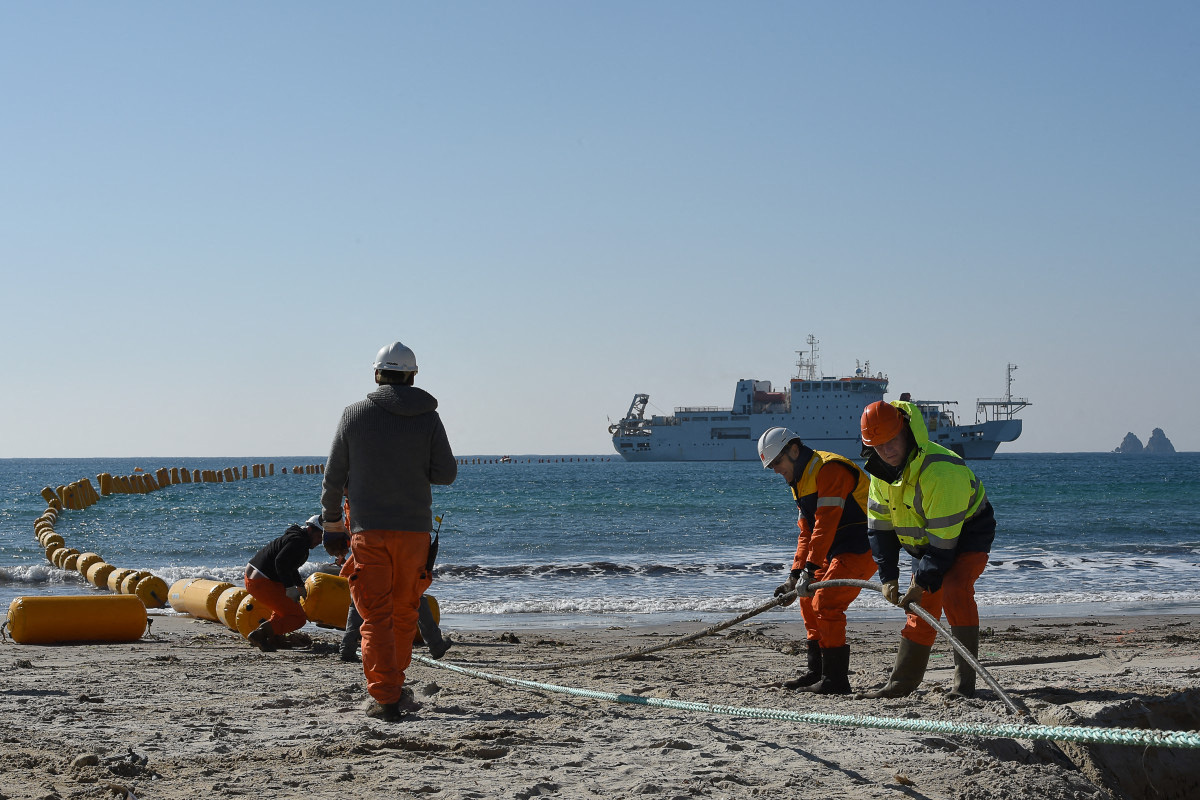
An undersea cable is installed in La Seyne-sur-Mer, southern France, in 2016 - Photo: AFP
Sweden and Finland have launched an investigation into suspected "sabotage" after submarine cables under the Baltic Sea were damaged last weekend.
The global data and communications system depends on giant bundles of fiber optic cables deep under the ocean floor.
The essential role of underground cables
Submarine cables carry all sorts of data between continents, from online video, financial transactions, diplomatic communications, to vital intelligence data. According to a recent report from the US-based Center for Strategic and International Studies (CSIS), submarine telecommunications cables play an essential role in maintaining global connectivity.
"The amount of data transmitted via submarine cables far exceeds the capacity of satellites, including the network owned by billionaire Elon Musk's SpaceX," said Eric Lavault, a French naval officer who was in charge of controlling the seabed.
There are currently about 450 submarine cables in operation worldwide , spanning a total of about 1.2 million kilometers. CSIS estimates that these cables carry 98% of global digital data.
Most countries with coastlines have at least one submarine cable, but there are rare places like Eritrea, North Korea and Antarctica that have no submarine cable connection at all.
Despite their huge strategic value, submarine cables are primarily built, owned, operated and maintained by private companies.
According to CSIS, three major companies, SubCom (USA), ASN (France) and NEC (Japan), accounted for 87% of the market in 2021, while China contributed 11% through HMN Company.
In addition, technology giants such as Google, Amazon and Microsoft have also begun to develop their own submarine cable systems, considering this a "huge source of economic benefits".
“The bandwidth demands of these cables will continue to increase, especially with the development of artificial intelligence (AI), which can only exist thanks to the huge amount of data provided by humans,” said Mr. Lavault.
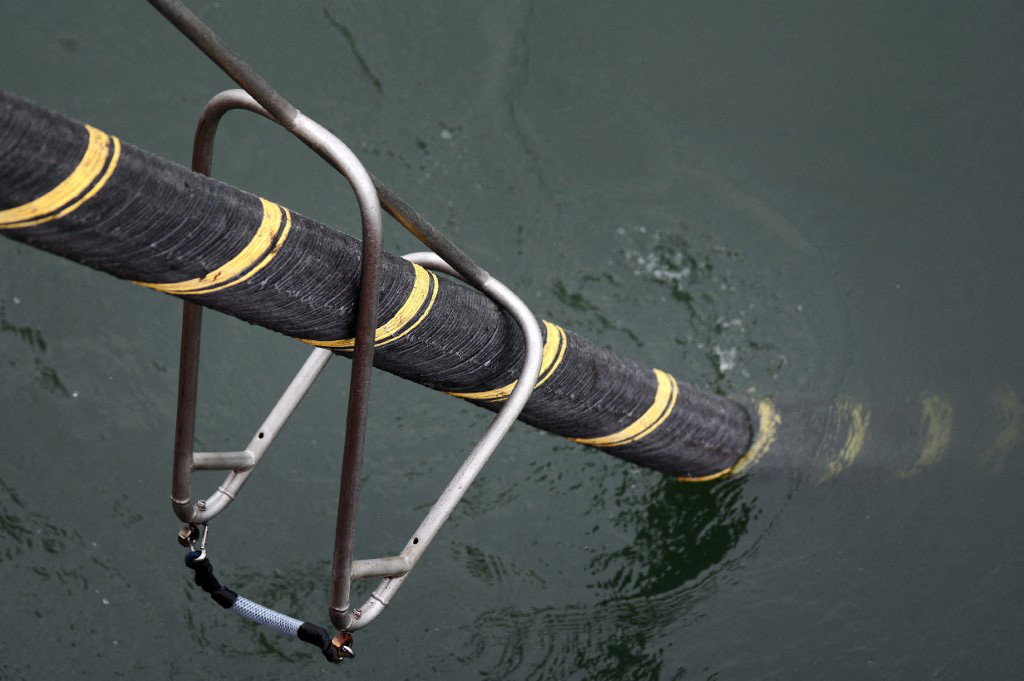
Submarine cables often encounter problems, such as seabed landslides, tsunamis, or ships anchoring in the wrong position and even being sabotaged - Photo: AFP
Risk
While cable failures are common, such as seabed collapses, tsunamis, and ships anchoring in the wrong place, 80% of the time they are not the result of deliberate action. However, intentional sabotage or espionage is not uncommon.
In 2022, then-French Armed Forces Minister Florence Parly warned that submarine cables could be targeted by forces seeking to monitor or sabotage this vital infrastructure.
According to reports from Denmark, from 2012 to 2014, the country's submarine cable network was tapped, collecting information from four countries: Germany, Sweden, Norway and France, including communications from then-German Chancellor Angela Merkel.
"Data is now an incredibly important commodity. Forces can attack new essential goods like the Internet, creating direct impacts on society and the economy," Mr. Lavault emphasized.
Source: https://tuoitre.vn/vi-sao-mach-mau-cua-the-gioi-so-thuong-bi-tan-cong-20241121201331834.htm




![[Photo] Students of Binh Minh Primary School enjoy the full moon festival, receiving the joys of childhood](https://vphoto.vietnam.vn/thumb/1200x675/vietnam/resource/IMAGE/2025/10/3/8cf8abef22fe4471be400a818912cb85)


![[Photo] Prime Minister Pham Minh Chinh chairs meeting to deploy overcoming consequences of storm No. 10](https://vphoto.vietnam.vn/thumb/1200x675/vietnam/resource/IMAGE/2025/10/3/544f420dcc844463898fcbef46247d16)
















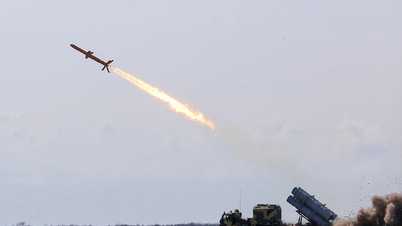
































































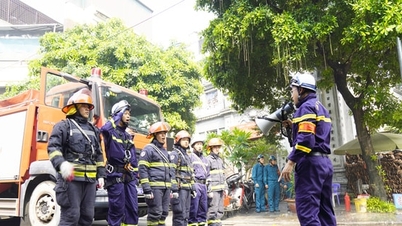

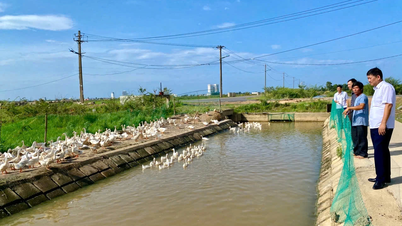













Comment (0)